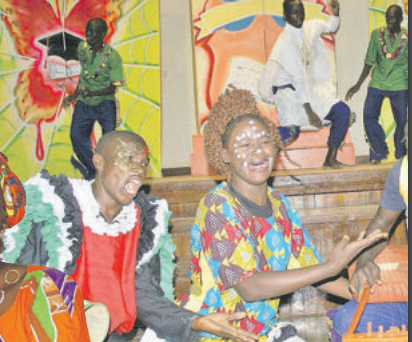×
The Standard e-Paper
Kenya’s Boldest Voice

As the annual Kenya National Drama and Film Festival kicks off at Kibabii University next week, organisers will be confronting two key issues that could colour or jolt the fete.
While it is going to be the melting pot of cultures and creativity in many genres, including the newly minted spoken word category, issues around copyright infringements and the role of non-teaching thespians continue to haunt the event meant to tap talent and instill discipline and integrity among its youthful participants.